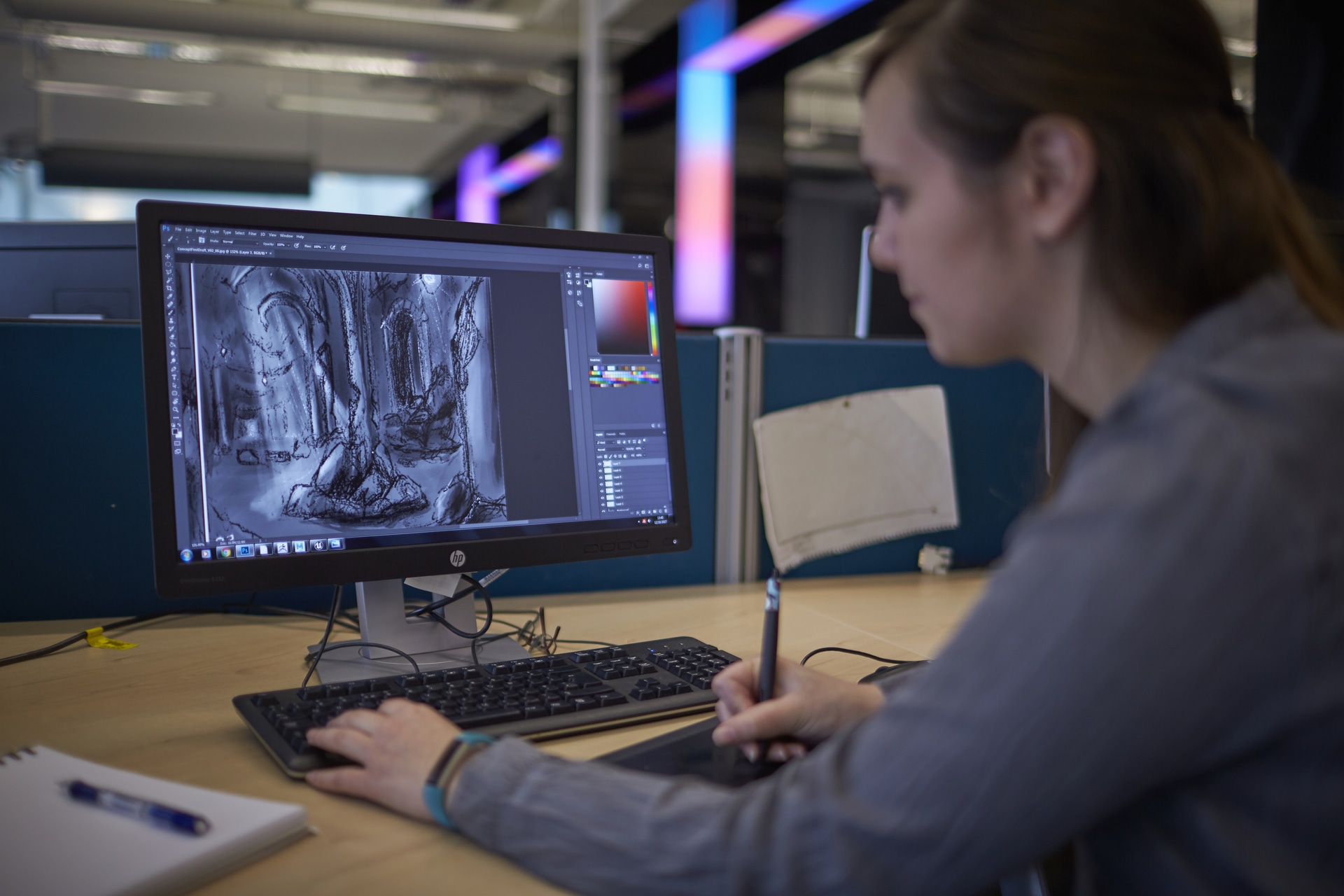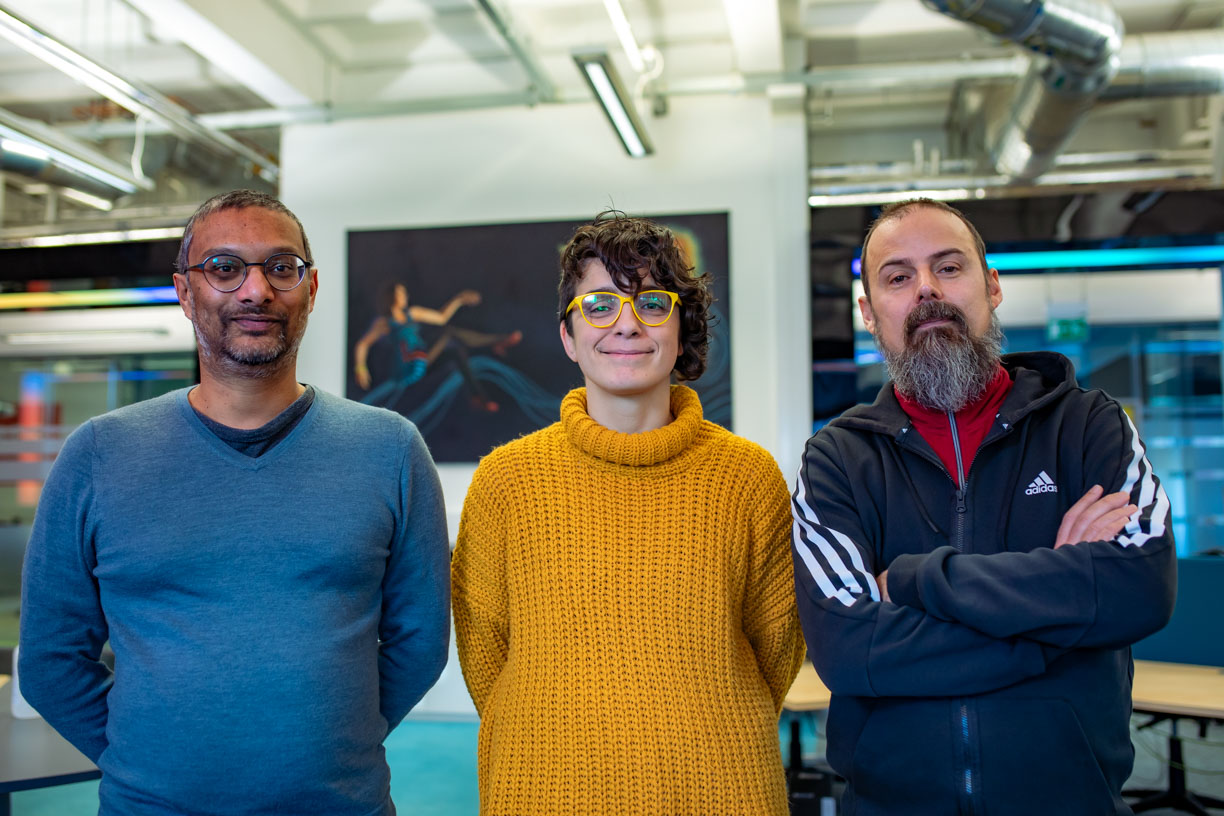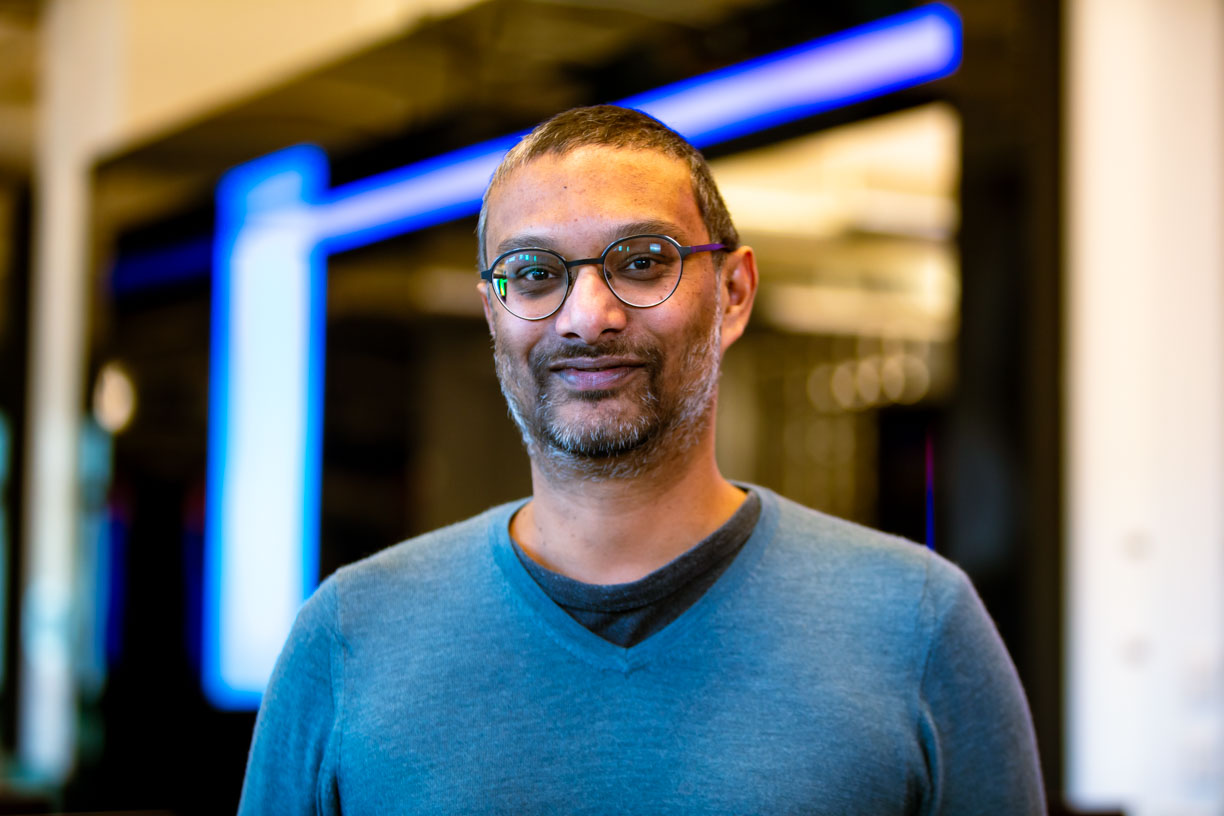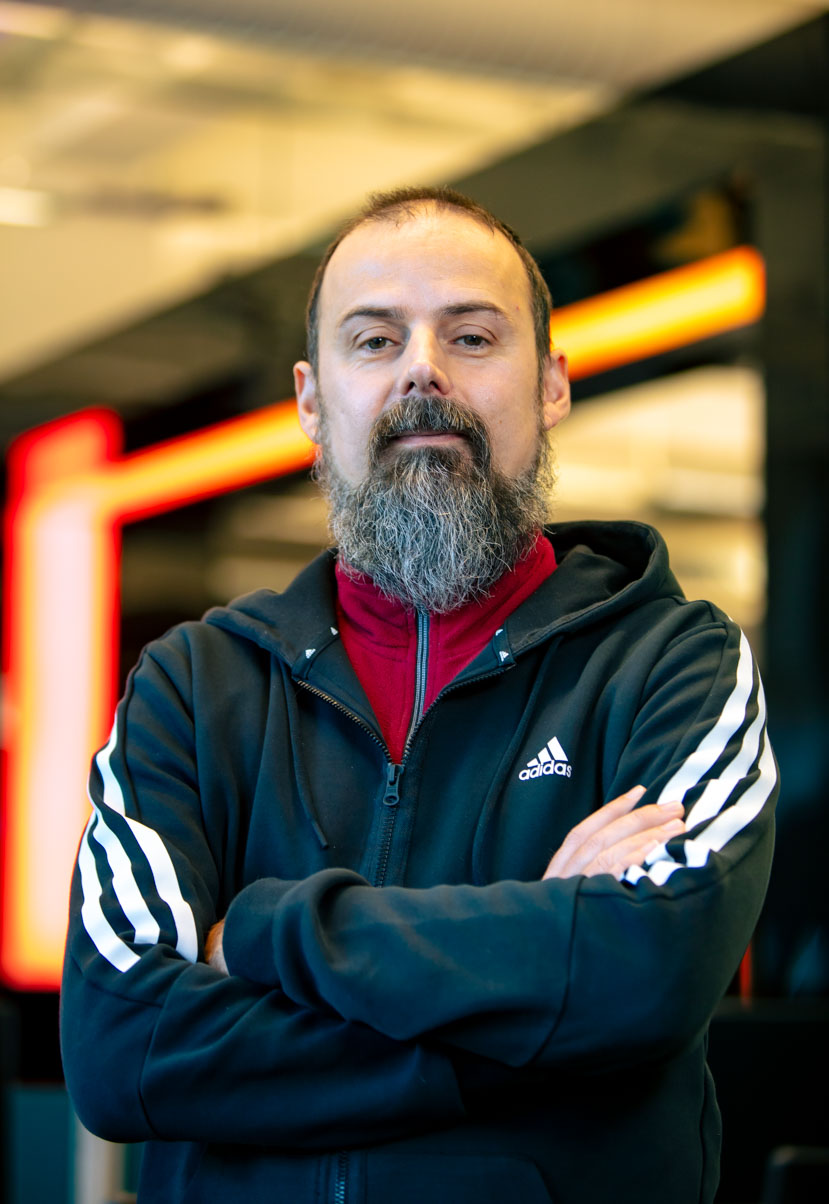Abertay University to Lead €3.8m Study on European Video Games Clusters
Video games industry clusters across six European regions are at the centre of a new €3.8m study which seeks to identify the secret ingredients for economic success outside of capital cities.
Abertay University is participating in the Gaming Clusters Across Multiple European Regions (GAME-ER) research project, which will focus on video games industries to have emerged and thrived outside of major European cities.
With significant potential to inform the Levelling-Up agenda and similar drives for economic growth in other countries, the Horizon Europe-funded study will initially focus on Dundee in Scotland, Lyon and Bordeaux in France, Turin in Italy, Fundão in Portugal and Brno in the Czech Republic. Running over 36 Months, GAME-ER aims to understand what each city’s cluster has in common, gathering research and data to develop a toolkit for the video games sector that will support industry growth.
The project will also investigate the impact of the pandemic and remote working on gaming clusters, and how the sector’s skillsets and workforce can benefit other industries.

Abertay University is lead scientific partner on the project and will receive funding through the UK Government Guarantee Fund, working with several European partners, including Charles University, Inova+, the University of Turin, and the Czech and Croatian game developer associations, among others.
The success of Dundee’s gaming cluster, from its origins to the current day, will be assessed, including analysis of how the city has grown to have one of the highest concentrations of games developers per head of population anywhere in the world. On top of being the birthplace of the Grand Theft Auto franchise, Dundee is also the home of the console and handheld editions of Minecraft, the best-selling game of all time.

Abertay’s Dr Darshana Jayemanne and Professor Stefano De Paoli will lead the research into Dundee’s gaming cluster, with lecturers Dr Lynn Love and Martin Lynagh among their collaborators.

Dr Jayemanne of the School of Design and Informatics said:
“We are delighted to be taking part in GAME-ER alongside partners in several other European cities. This research project will look into how intensive clusters of game production, like Dundee, arise outside of the major metropoles such as London, where a lot of power and money is already concentrated. We hope that by tracking this across several European contexts, it will provide guidance for policymakers who are keen to build on the success of the gaming industry in cities like Dundee. There will be rich data to gather from talking to people who have been in and around the city’s gaming cluster from its origins to the modern day. Building from the commonalities across the clusters, we’ll be developing a toolkit for policy and industry to help local games companies flourish. The impact of remote working and changes in labour are important to investigate and may lead to new ideas about sustainability in a resource-intensive industry.”
Prof De Paoli of the School of Business, Law and Social Sciences added:
“Whilst the administrative coordination of the project is led by the partner INOVA+ from Portugal, Abertay is the scientific lead of the project. It will be beneficial for games design studios in Dundee to learn about how other video game clusters are currently operating and to potentially pick-up good practices from our partner nations. We also hope that to establish new connections and partnerships between companies working across the clusters.”

A post-doctoral researcher and a part-time research assistant are currently being sought to study Dundee’s gaming cluster from Abertay University as part of the 36-month collaborative project.
The successful candidates will conduct interviews from people working in the Dundee video games industry, as well as collecting and analysing data as part of the study.

